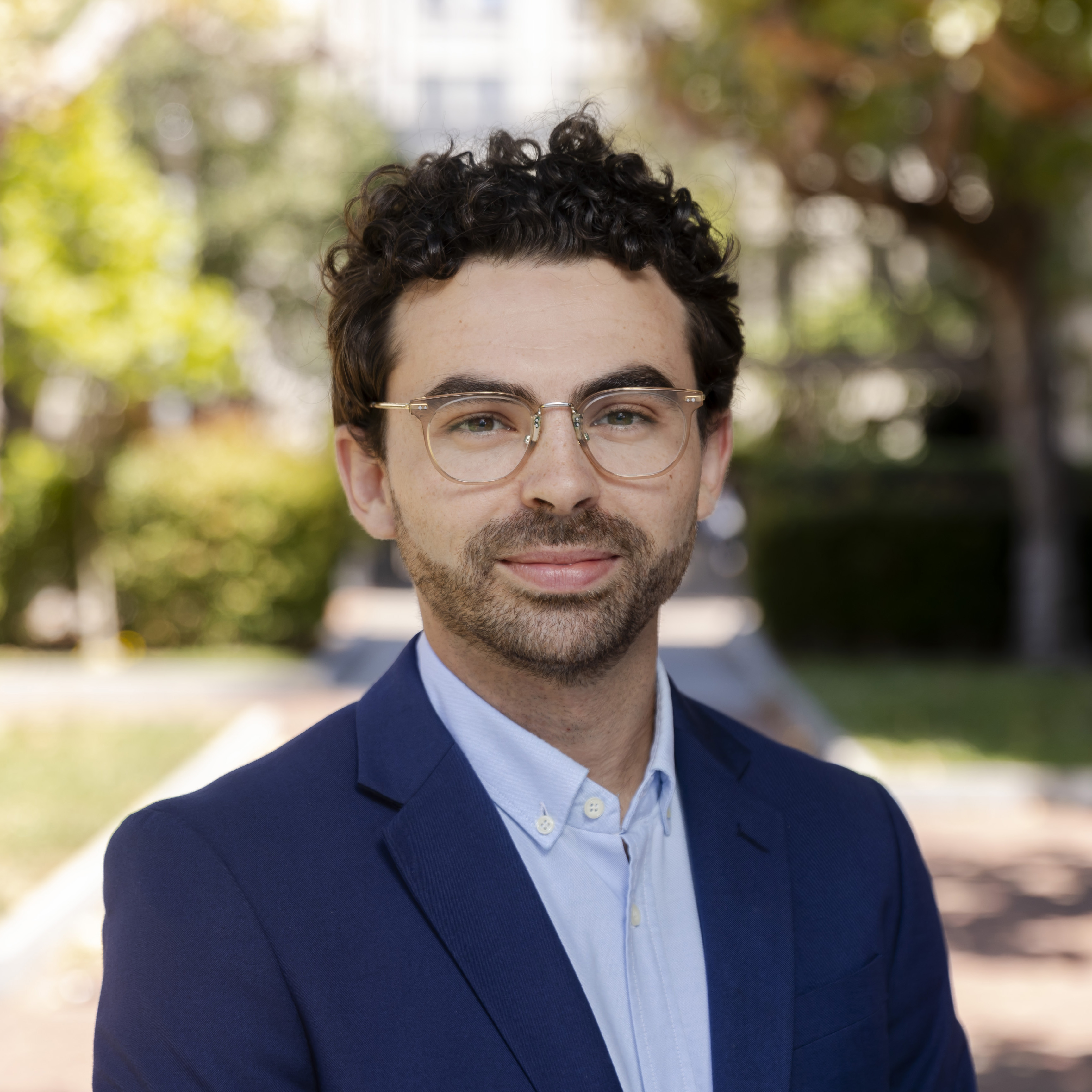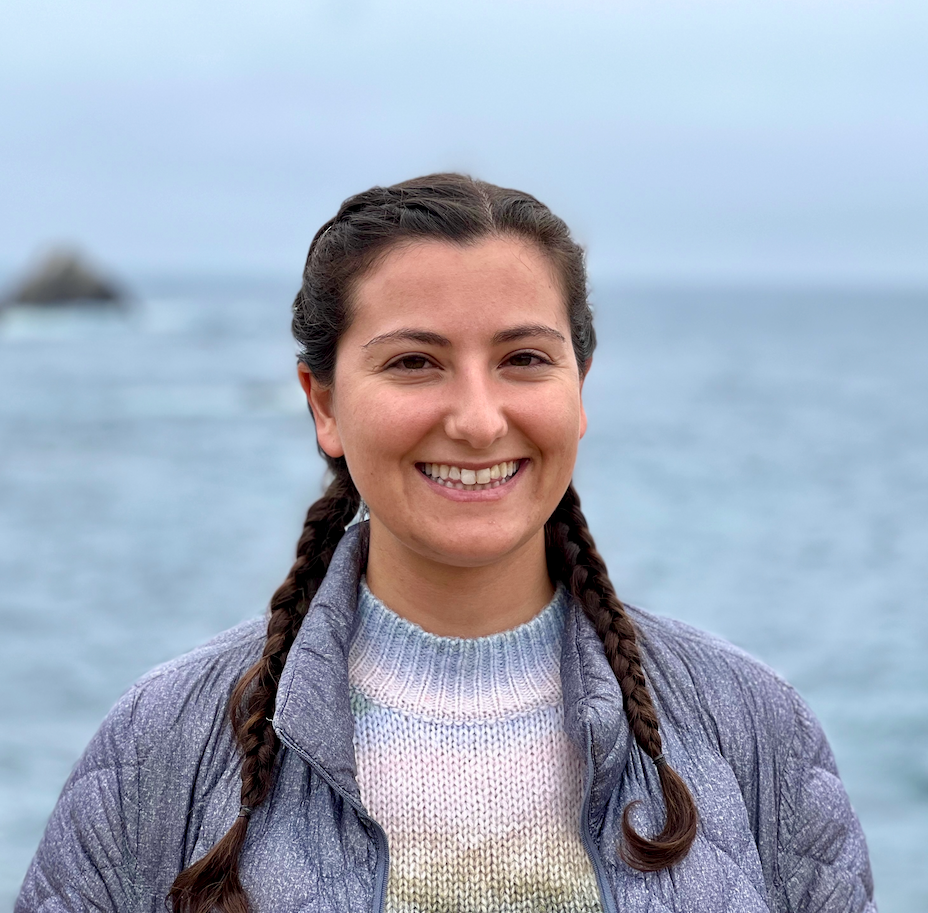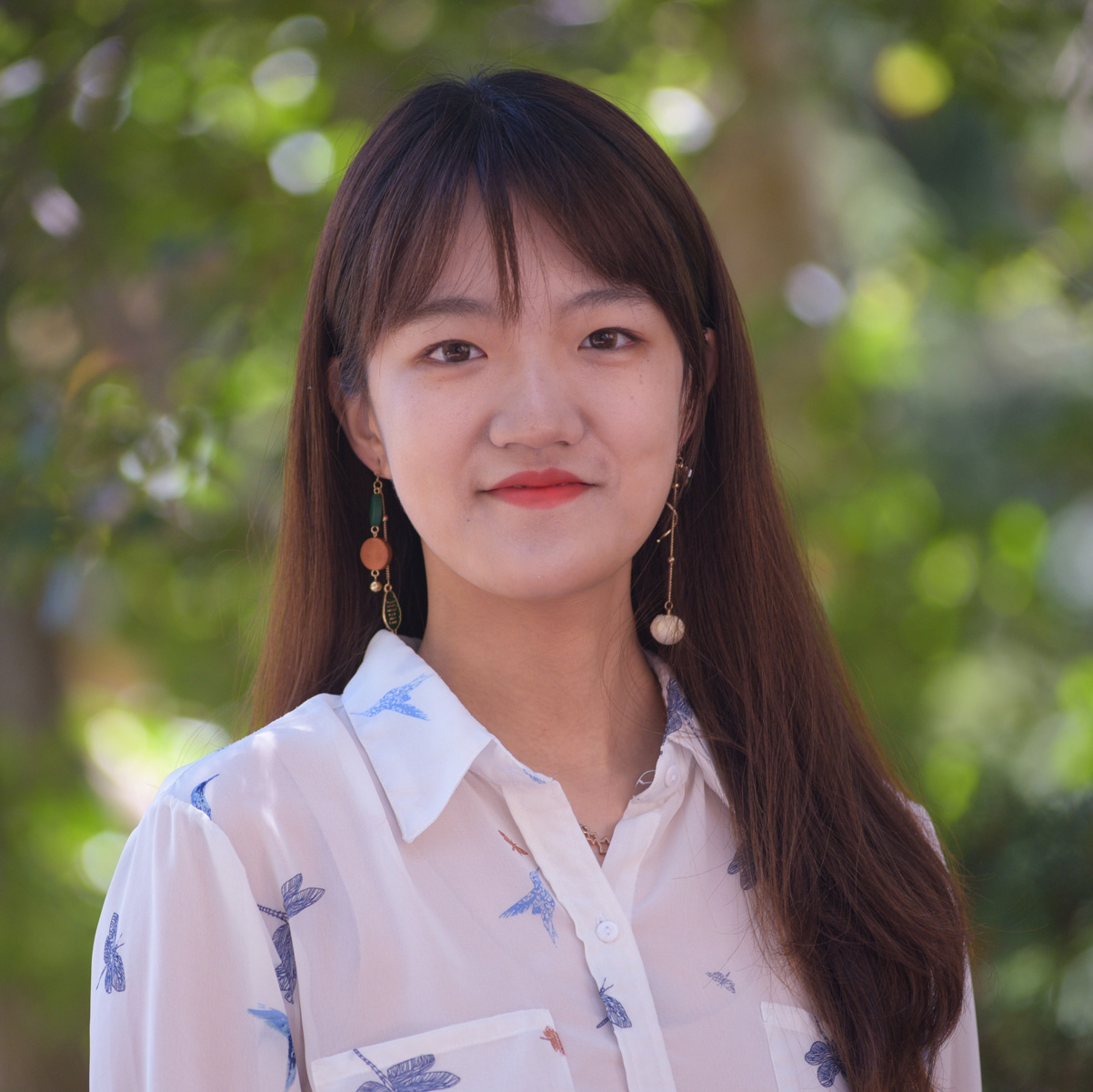Current Recipients of the Graduate Student Fellowship
The Philomathia Graduate Fellowship in the Environmental Sciences provides fellowships for graduate students studying issues related to the environment at UC Berkeley. Students are nominated to receive the award on the basis of their high level of academic distinction and exceptional promise.
2025 - 2026 Recipients
MARCO DUEÑAS-ALGAL
PLANT AND MICROBIAL BIOLOGY
PH.D. CANDIDATE
Marco is a plant biology PhD candidate in the lab of Sabeeha Merchant. His research focuses on using green algae as a platform for fundamental discovery and synthetic biology. This ranges from uncovering anomalies in eukaryotic translation to bioengineering algae for the production of designer lipids. Marco hopes his research can expand tools for the production of rare bioproducts that can take us closer to a more sustainable future.
ANAID CÁRDENAS-NAVARRETE
PH.D. CANDIDATE
INTEGRATIVE BIOLOGY
The accelerating loss of tropical forests poses significant challenges to primate survival, leading to cascading ecological consequences. These consequences can range from disrupted seed dispersal to completely altered forest regeneration dynamics. Anaid combines field research, ecology, and conservation biology to understand how howler monkeys persist and provide ecological services in degraded tropical forests in Southeast Mexico. Her research aims to advance our understanding of primate adaptability to anthropogenic change and inform conservation strategies while creating inclusive spaces in academia.
 SIMON GREENHILL
SIMON GREENHILL
PH.D. CANDIDATE
AGRICULTURAL & RESOURCE ECONOMICS
Simon is a PhD candidate in Agricultural and Resource Economics. His research focuses on the measurement and regulation of environmental externalities, including water pollution, climate change, and noise pollution. Simon's research has been published in Science, and he was a lead author of the Economics chapter of the Fifth National Climate Assessment. He holds undergraduate degrees in economics and Arabic from UC Berkeley and worked as a pre-doctoral fellow in the Climate Impact Lab prior to graduate school.
 LIBBY KOOLIK
LIBBY KOOLIK
CIVIL AND ENVIRONMENTAL ENGINEERING
PH.D. CANDIDATE
Libby is a PhD candidate in the Environmental Engineering program working at the intersection of air quality engineering, data science, and environmental policy. Her dissertation work builds and applies engineering tools to identify the underlying policy features necessary to simultaneously advance public health, climate mitigation, and racial-ethnic exposure equity. Additionally, she develops and maintains publicly available and open-access tools to empower non-academics to model their own air pollution exposure and health outcomes.
SHEHERAZADE
PH.D. CANDIDATE
ENVIRONMENTAL SCIENCE, POLICY AND MANAGEMENT
Sheherazade's doctoral research asks “under what conditions and to what extent the decentralized forest governance is effective and equitable in conserving biodiversity and improving people’s well-being on the Indonesian island of Sulawesi." She uses governance and biocultural approaches as her analytical frameworks and builds partnerships with local institutions to ensure that their research contributes to improving Social Forestry and supporting Indigenous policy advocacy. Sheherazade has been active for ten years at local to global levels to address diverse conservation challenges, from establishing nation-wide capacity building programs, doing essential biodiversity research, fostering equitable Global North-Global South collaboration, and co-leading a grassroots organization dedicated to locally-led conservation.
 YIHONG ZHU
YIHONG ZHU
PH.D. CANDIDATE
ENVIRONMENTAL SCIENCE, POLICY AND MANAGEMENT
Yihong’s research seeks to quantify the impacts of novel disturbance regimes on the structure and function of forest ecosystems. Specifically, she explores the ecological and social costs associated with climate-driven (e.g., more frequent droughts) and management-induced disturbances (e.g. expanded use of beneficial fire) on the dynamics of Sierran conifer forests. By integrating data synthesis with model simulations, she investigates how forests respond to and recover from these events, focusing on legacy effects and uncovering key trade-offs. Her work aims to advance understanding of forest resilience and inform future forest conservation and management.
